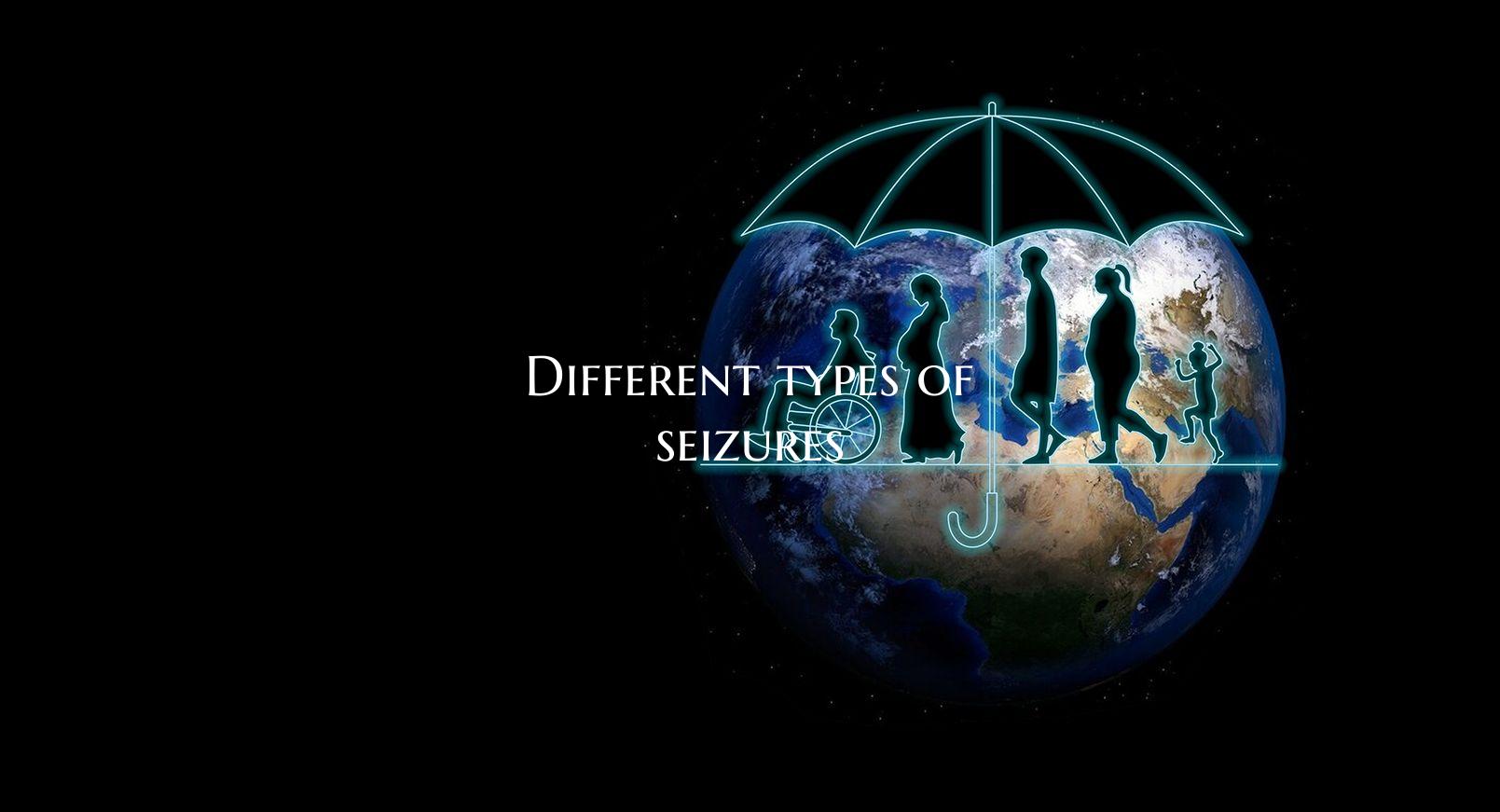
Different types of seizures
Seizures are episodes of abnormal electrical activity in the brain that can cause a wide range of symptoms and affect people of all ages. There are different types of seizures, each with its own characteristics and potential triggers. Understanding these different types of seizures can help individuals recognize the warning signs, seek appropriate treatment, and manage their condition effectively. Here are some common types of seizures:
1. Generalized Seizures: Generalized seizures affect both sides of the brain simultaneously and can cause loss of consciousness and convulsions. Types of generalized seizures include: - Tonic-clonic seizures (formerly known as grand mal seizures) involve muscle stiffening (tonic phase) followed by rhythmic jerking (clonic phase). - Absence seizures (formerly known as petit mal seizures) cause brief lapses in awareness or staring episodes. - Myoclonic seizures involve sudden, quick jerks or twitches of the arms and legs.
2. Focal (Partial) Seizures: Focal seizures start in a specific part of the brain and may cause localized symptoms. Depending on the area of the brain affected, focal seizures can be further classified into: - Focal onset aware seizures, where the person remains conscious but experiences unusual sensations or movements. - Focal onset impaired awareness seizures, which can cause confusion, loss of awareness, or repetitive movements. - Focal to bilateral tonic-clonic seizures, which start as a focal seizure and then spread to both sides of the brain, leading to convulsions.
3. Non-Epileptic Seizures: Non-epileptic seizures can mimic epileptic seizures but are not caused by abnormal electrical activity in the brain. These can be triggered by psychological factors or stress and often require a different approach to diagnosis and treatment.
4. Febrile Seizures: Febrile seizures occur in young children and are usually triggered by fever. While they can be frightening to witness, febrile seizures are generally harmless and do not indicate a long-term seizure disorder.
It's important for individuals experiencing seizures or witnessing someone having a seizure to seek medical evaluation for an accurate diagnosis and appropriate treatment. Management of seizures may involve medication, lifestyle modifications, and sometimes surgery in specific cases. By understanding the different types of seizures and working closely with healthcare providers, individuals can effectively manage their condition and improve their quality of life.